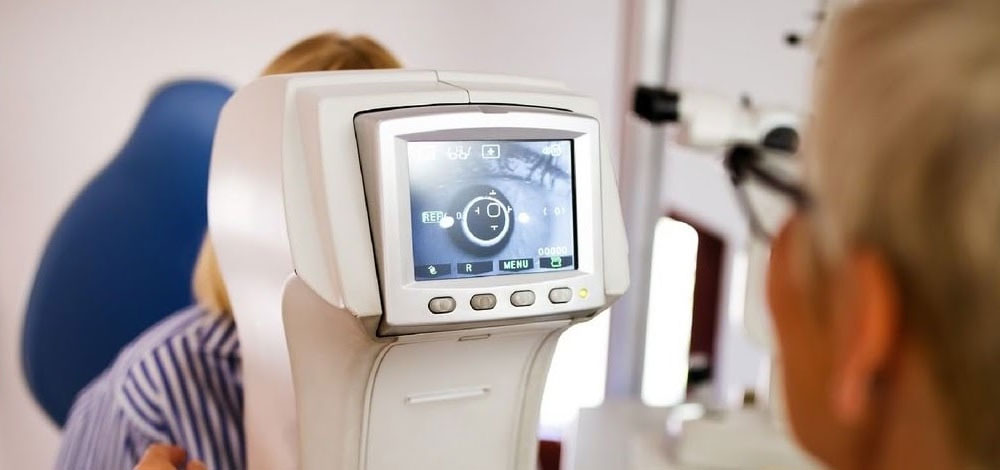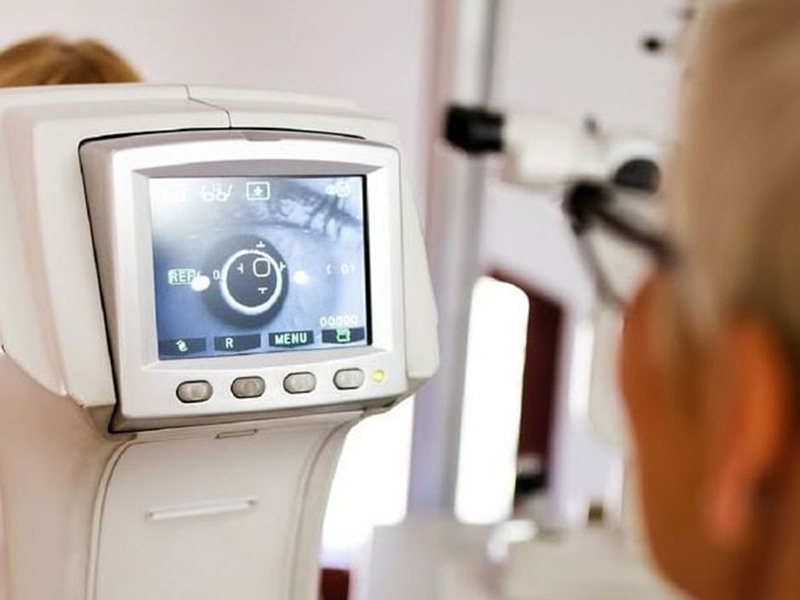
Glaucoma: Which Precautionary Measures Can You Take For Necessary Prevention
Glaucoma is known to be the second leading cause of blindness in the world. The vision loss from glaucoma cannot be restored with treatments. Hence, It is crucial to take Glaucoma Treatment in Dubai and prevent measures at their earliest to slow and control the condition. This article will look into the types of precautionary measures that you can take for necessary prevention.
Regular Eye exams
A regular comprehensive dilated eye exam is required to identify glaucoma condition at its earliest and prevent significant vision distortions. It is best recommended to get these eye examinations every 5 to 10 times for people falling under the age range of below 40. If you are between 40 and 50 years old, you must have this visit every 2 to 4 years. Those with a 55 to 64 age need eye checkups every 2 to 3 years. People above the age of 60 need to have an annual examination.
Know Your History
It is crucial to know your family history when it comes to glaucoma conditions. Eye consultants state that you are more likely to get the same genetically as glaucoma tends to run in families. Hence, people with a family history need to have more frequent eye examinations as they fall under the high-risk category.
Treat Existing Medical Conditions
Engage In Safe Exercises
Wear Eye Protection
Take Prescribed Eye Drops
Adhering to these critical factors can help prevent glaucoma condition. If you have already been diagnosed with the disease, these prevention techniques can help maintain lower eye pressure without causing further vision loss. It is crucial to be strict with your medications once prescribed, even if you do not have any symptoms.
Visit Quironsalud, a Spanish clinic in Dubai, for comprehensive dilated eye exams and check the existing state of your eyes. Our experienced professionals use the latest optical instruments to examine your condition.



